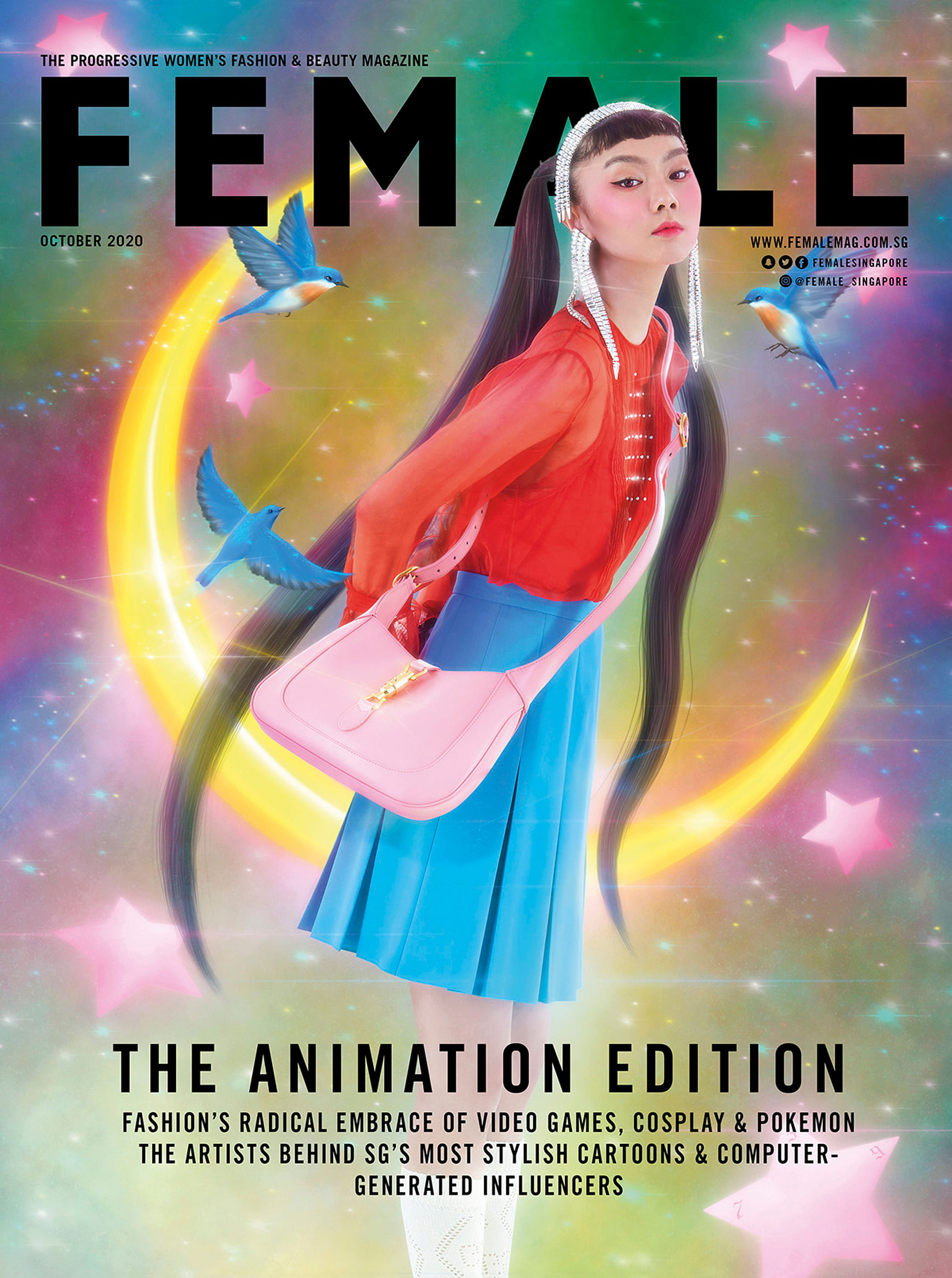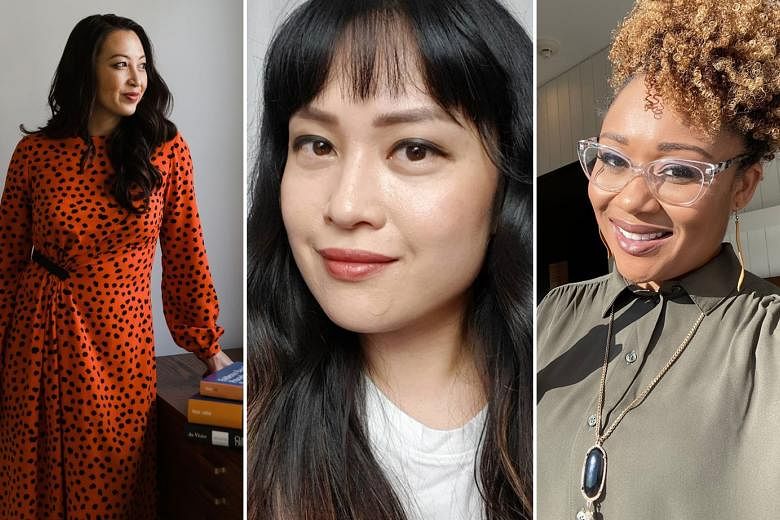The beauty influencer world can sometimes appear shallow and superficial - pretty faces with not much to offer, some say - but there is an alternative group fast gaining traction and their style is more white coat than designer jacket.
Identifying themselves more as dermatologists, cosmetic formulators and educators than selfie-snapping, TikTok-dancing beauty fiends, they boast impressive qualifications, highly specialised knowledge and an insatiable curiosity even about the technical side of the beauty business - and they want to share it.
Dr Michelle Wong, a Sydney-based PhD chemist and science educator, started blogging almost a decade ago when she realised that there was a dearth of reliable information about beauty products - and a whole lot of misinformation.
She says things really started to explode though three to four years ago at the start of the so-called skintellectual trend, when brands like Deciem came on the scene and began to speak overtly about the ingredients in their products.
"The fact that chemical names were front and centre in marketing led people to wonder what they were. Because they were so accessibly priced, people became more curious," Dr Wong explains.
There was also the rise of the clean beauty movement with - as Ms Erica Douglas, the American cosmetic chemist known as Sister Scientist on Instagram, puts it - "people wanting to know what they're putting on and in their bodies".
Enter influencers who aim to help consumers sort myths from facts so that they can make informed choices about what they buy.
Mostly their focus is on education, not selling products or their personal brands.
"It feels organic. With traditional influencers, it's not that they're trying to trick people, but they are trying to convince people to follow them," says Dr Aegean Chan, a US-based dermatologist who doles out skincare tips and truths via humorous memes and vlog-style videos on her namesake Instagram account.
"We are just interested in sharing knowledge. It seems - I don't want to say pure - but it does feel like that."
Pointing out that one of her bugbears is the idea that commercial beauty products are toxic, she adds that it is her way of responding to misinformation - "when people try to sell things based on myths or scaring customers" - and offering her knowledge on a platform accessible to all.
"A lot of people maybe haven't thought of visiting a dermatologist or don't have one," she elaborates.
"There is a void for scientific and common-sense information about skincare and a lot of sponsored reviews that don't focus on how to take care of your skin based on biology.
"It's nice to be a source of information, highlighting diseases that aren't talked about that may be isolating and helping to educate people and maybe make them feel less alone."
For Ms Douglas, it is also about inspiring young women through something that they love and use daily: beauty products.
"I want to be a representative of what the new woman scientist looks like - get rid of the stereotypes and change the narratives," she says.
"I'm showing people that science is a superpower to break down the problems of everyday life."
Science-based influencers do not just come from the beauty world though. Nowadays there are experts in everything from women's health to epidemiology sharing their wisdom on different platforms.
And with the Covid-19 pandemic leading to a greater interest in science in general, these accidental beauty influencers have found their follower counts going up.
"It's exposed the need for true experts and we're also seeing what happens when we deny and look past science," says Ms Douglas. "There's this yearning for people to be informed and a need or desire for a deeper understanding of things and how science affects your everyday life."
The community is a supportive one and Dr Chan says she and her fellow social-media-friendly scientists share knowledge with one another.
They also repost one another's content to spread the word further and make it a must to engage with their followers, who often see them as trusted and impartial guides to the beauty world.
High-profile bloggers such as Caroline Hirons, beauty editors like Cheryl Wischhover and make-up artists including home-grown name Larry Yeo regularly share science-based content and use their platforms to debunk pseudo-science and misinformation.
"It's been nice to see people from the traditional influencer world cross over and use their platforms to amplify science," says Dr Chan.
Which means that the only way to go, it seems, is full throttle forward.
Dr Wong's Instagram account, @labmuffinbeautyscience, has a 192,000-strong following, and she says universities and governments now understand that scientific communication is important and are investing more in it.

But her great hope - one shared by Dr Chan - is that the beauty industry starts to share more about the science behind its products.
That and - as Ms Douglas points out - getting more women into the profession.
"We need more women on this side of the lab bench. Join me, please. It's lonely. I'm excited to see more women using this skillset for good and applying it to a lot of different industries.
"At one time being a nerd was considered a bad thing. Now we run the world."
• This story originally appeared in Female magazine. For more on the next big names and ideas in fashion and the local creative scene, bookmark www.femalemag.com.sg, follow @female_ singapore on Instagram and pick up the October 2020 Animation Edition out now on newsstands.

